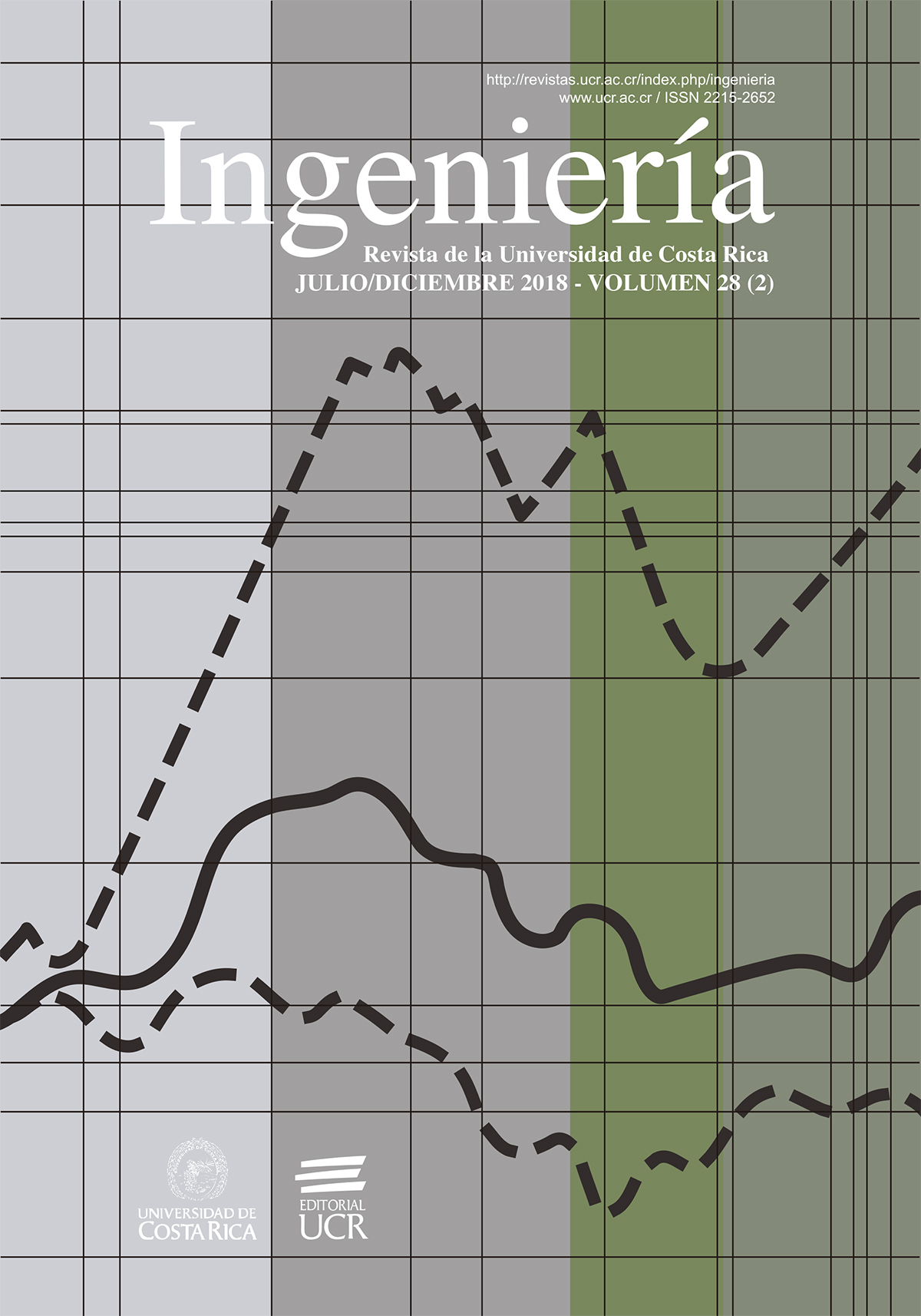Abstract
This project consists of subjecting different types of leather (SOFT) of higher quality and cost, to three types of mechanical tests: determination of tensile strength and percentage elongation, determination of tear strength by the method of 2 edges and tear test at a sewing point by the two-hole method.
The objective is to observe if the resistance of the leather to certain conditions of temperature and humidity undergoes some significant modification. We used a completely randomized model and a covariate statistical model and a posteriori tests were performed according to Fisher.
The parameter estimation was performed according to the Restricted Maximum Likelihood (REML) method using the InfoStat software. After testing for equal treatment effects, normality is tested with Shapiro Wilks at a significance level of 1%.
It is concluded that there is great heterogeneity in the measurements in all the variables under different treatments of humidity and temperature, given the high values of coefficients of variation, and that the mechanical properties of the type of soft leather do not have significant variation when subjected to conditions different than usual.


